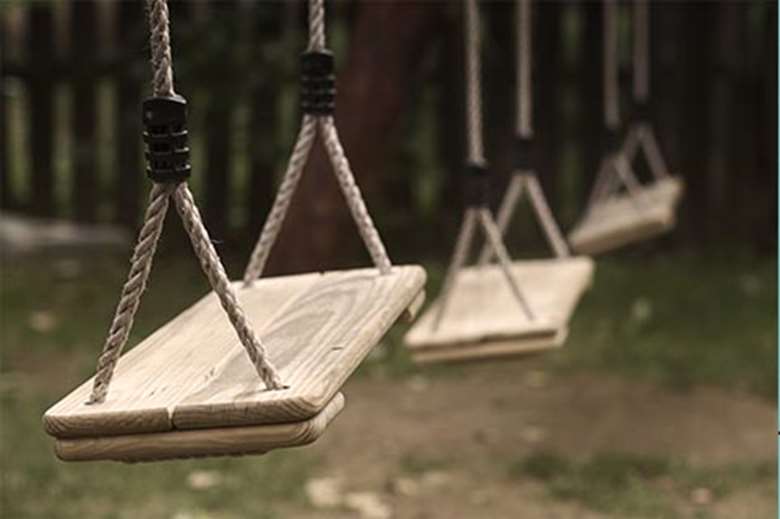Nearly five hundred playgrounds will have closed by 2019
Thursday, April 13, 2017
Hundreds of children's playgrounds have closed over the past three years, with hundreds more destined to follow suit.

A Freedom of Information (FOI) request to all councils, carried out by the Association of Play Industries (API), reveals that between 2014/15 and 2015/16, 214 playgrounds closed in England.
A lack of budget to maintain, repair or replace equipment were cited as the main reasons for the closures.
Since the removal of dedicated Government funding for playgrounds in 2010, and the closure of a Big Lottery scheme to develop play provision in 2011, provision and upkeep of play spaces has fallen on local authorities.
The figures, which are published in a new report by the API entitled Nowhere to Play, also reveal that local authorities plan to close a further 234 playgrounds between 2017 and 2019. A third of councils said they had yet to make plans.
The API is calling on the Government to 'halt the decline' and invest in the ‘new wave’ of playgrounds.
Mark Hardy, chairman of the API, said, ‘With increasing childhood obesity and the health benefits of activity and play well known, now is not the time for community playgrounds to be closing. This action goes against the Government’s clear intention to get children more active and needs to be stopped as quickly as possible.
‘We know that money is tight for councils across the country, but we can’t just stand by and watch as children's playgrounds close.'
The report suggests £100 million is needed. The API estimates that there are less than 16,000 playgrounds or play spaces currently run by local authorities. It says that this amount of investment would provide a further 1,600 playgrounds and play spaces, which is a 10-per-cent rise on the number that local authorities reported to be running in 2011.
Keith Dalton, vice chairman of the Register of Play Inspectors International (RPII), said, ‘Play is absolutely vital to children’s health and well-being and public provision of such facilities has an important role to play in helping to ensure that children learn about risks in environments where the level of risk can be managed.’
A Government spokesperson said, 'This Government is absolutely committed to giving children a healthy start. That is why we are doubling the school sport premium and encouraging an hour a day of exercise. Primary schools have received over £450 million of ring-fenced funding since 2013 to provide improvements to their PE and sport provision, and help kids get more physically active.
'Our historic four year funding settlement means that councils have almost £200 billion to spend over the course of this parliament—allowing them to prioritise the services that communities and local people value. We’ve also provided a £1.5 million fund to create 87 pocket parks across the country, giving urban areas access to more green space.'








